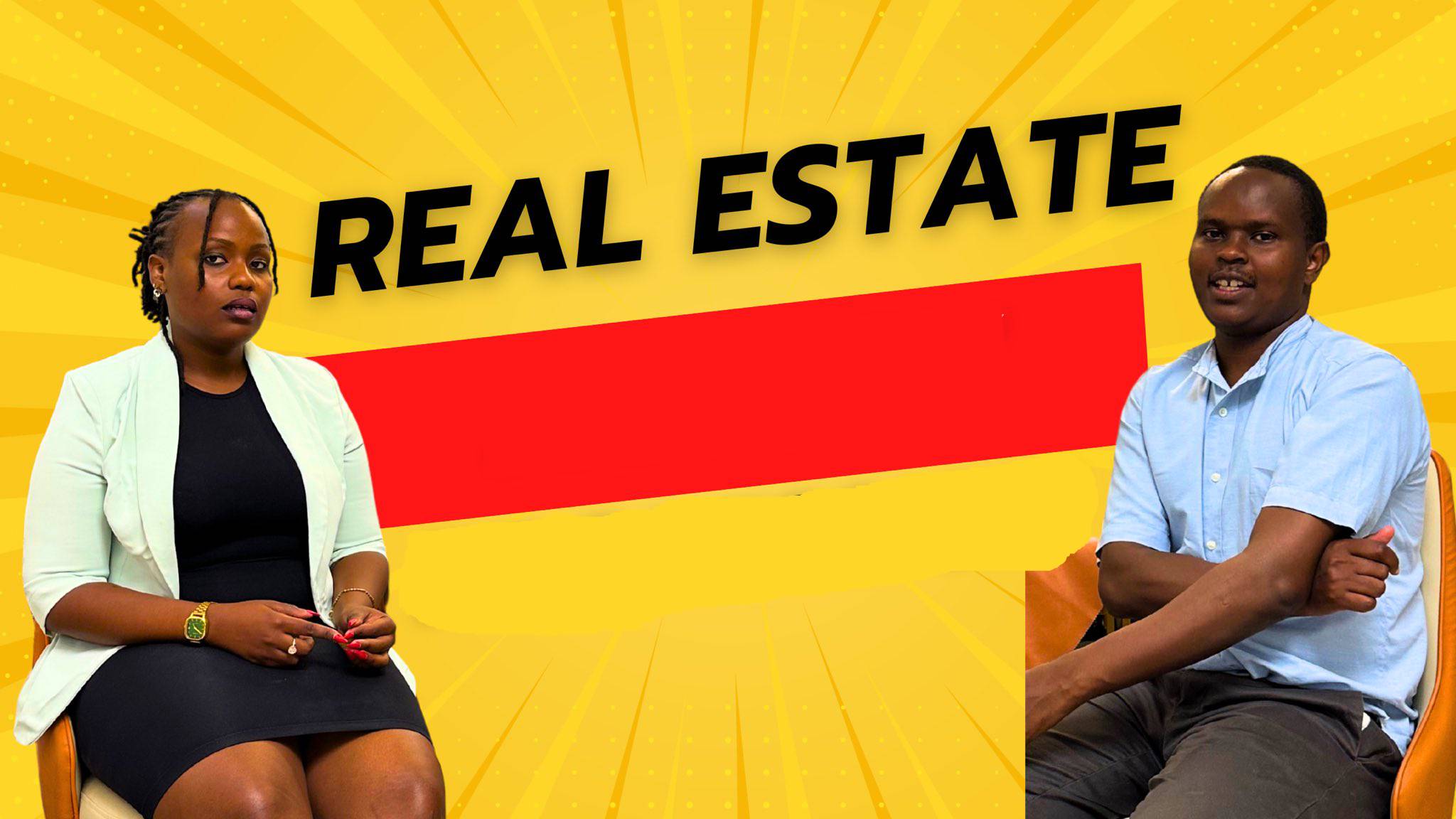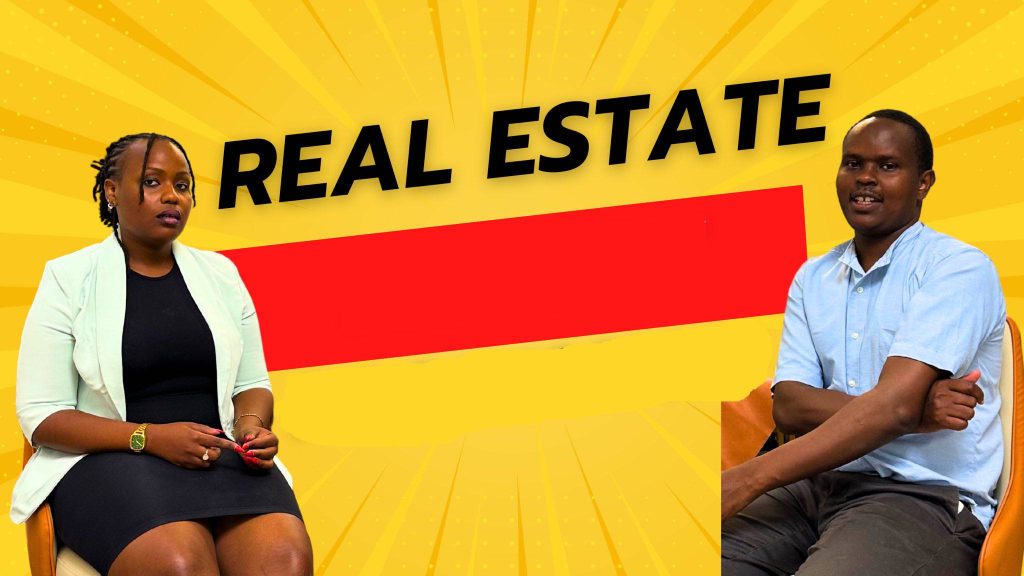How Can I Become a Real Estate Broker? 2025 Roadmap

My name is Mark, a real estate broker and advisor, and over the years, I’ve guided many professionals on their journey from agents to fully licensed brokers. Becoming a real estate broker is more than just a career move; it’s a leap into leadership, independence, and long-term success in the property market. This guide is crafted to walk you through the real process, without sugar-coating the effort it takes or repeating fluff. If you’re committed, let’s dive into what it really takes to earn your place in this competitive field.
What Does a Real Estate Broker Really Do?
A real estate broker acts as both a high-level consultant and a dealmaker. Beyond buying and selling homes, brokers manage contracts, supervise agents, oversee legal compliance, and sometimes handle office operations. Unlike a typical agent, brokers are often the backbone of real estate offices, making executive decisions and mentoring newer agents. They ensure all transactions follow regulations and are finalized ethically and efficiently.
Why People Decide to Become Brokers
For most agents, the decision to become a broker stems from a desire for more control, increased earning potential, and professional credibility. Brokers can open their own firms, recruit agents, build a personal brand, and carve out a niche in a crowded market. The shift brings greater responsibilities but also unmatched opportunities.
Understanding the Difference Between Broker and Agent

Real estate agents work under a brokerage and are limited to roles assigned by their managing broker. A broker, however, can work independently, manage a team, or own a brokerage firm. Agents bring in commissions, but brokers control how those commissions are structured and distributed. It’s the difference between being a team player and managing the entire game.
Educational Foundation
No one becomes a broker overnight. It starts with basic real estate education. Depending on your state, this usually means completing your high school diploma or GED, followed by mandatory coursework. Some states may require college-level credits in business or finance. The goal is to understand real estate principles, laws, and contracts from the ground up.
Start by Getting Licensed as an Agent
Before you can even think of becoming a broker, you need to get your real estate salesperson license. That means completing a pre-licensing course approved by your state, passing the state exam, and working under a licensed brokerage. This first phase is all about building practical experience and learning how the market works.
Work Experience Matters
Most states require a minimum of one to three years of active experience as a licensed agent before you can apply to become a broker. During this period, aim to close as many deals as possible and expose yourself to different property types and client situations. This hands-on experience is crucial.
Broker Pre-Licensing Courses
When you’re eligible to upgrade, you’ll enroll in a broker-specific pre-licensing course. These programs go deeper into topics like brokerage operations, trust accounting, risk management, property valuation, and real estate law. They’re designed to prepare you not just for an exam, but for real-world leadership.
Preparing for the Broker Exam
The broker exam is tough. It’s designed to test your understanding of both national and state-specific laws, ethics, real estate finance, and brokerage management. Don’t expect to wing it. Use study guides, take practice exams, and consider joining a prep course if needed.
Choosing Where to Get Licensed
If you live near a state border or plan to work in multiple regions, consider which state has favorable licensing laws or reciprocity agreements. Some states make it easier to get licensed if you’re already qualified elsewhere. Do your research to avoid future roadblocks.
Submitting Your Broker License Application
Once you pass the exam, the next step is submitting your application. This usually involves a background check, proof of completed education, exam results, and application fees. The timeline varies, but once approved, you officially join the ranks of licensed brokers.
Know the Legal and Ethical Standards
As a broker, you become legally accountable for the actions of agents under your supervision. This means you must be well-versed in fair housing laws, disclosure rules, advertising regulations, and ethical practices. Staying compliant protects you and your business.
Build Your Personal Network and Brand
Branding is more than a logo or website. It’s how people perceive your values, professionalism, and results. Start by building your presence locally—network with investors, attorneys, and lenders. Leverage social media, write blogs about local market trends, and always offer value.
Opening a Brokerage Firm
Once licensed, you have the choice to either join an existing firm as a managing broker or start your own. Starting your firm involves business registration, office space, hiring staff, setting commission structures, and marketing your services. It’s a significant commitment but can be highly rewarding.
Deciding Between Managing Broker and Associate Broker
An associate broker is a licensed broker who chooses to work under another broker. It’s ideal if you want to avoid operational responsibilities but still want the title and flexibility of a broker. A managing broker, on the other hand, is responsible for running the office and supervising agents. Choose based on your career vision.
Choosing a Niche as a Broker
Specializing can make your business stand out. Consider areas like commercial real estate, luxury homes, land sales, rentals, or international properties. Each niche has its own language, strategies, and clientele. The more focused you are, the more expert you become.
Essential Tools of the Trade
To be effective, you need the right tools: Customer Relationship Management (CRM) software, MLS access, digital signature platforms, listing tools, and analytics software. These help you streamline operations, track performance, and improve client service.
Stay Educated, Stay Relevant
Real estate laws and market trends change constantly. Most states require continuing education (CE) to maintain your license. But beyond CE, attend seminars, join professional associations, and keep up with tech tools that enhance productivity.
Marketing and Finding Leads
Clients don’t come knocking unless you market smart. Use SEO to drive traffic to your site, run social media ads, create email newsletters, and offer free resources. Building a strong referral network and nurturing past clients also goes a long way.
Overcoming Challenges in Brokerage
Challenges will come—market downturns, regulatory changes, and team conflicts. Having legal support, staying organized, and maintaining financial discipline will help. Don’t be afraid to hire consultants or outsource admin tasks when needed.
Answers to Common Questions
Some frequent questions include: How long does it take to become a broker? Typically 3-5 years. Can you work part-time? Yes, though full-time focus yields better results. Do brokers make more money than agents? Usually yes, especially if they run a team or firm.
Final Advice
If you’re considering this path, understand that it’s not a shortcut to success—it’s a deeper commitment to the business. Take the time to learn the trade, invest in your skills, and build relationships rooted in trust. Real estate brokerage changed my life, and if you’re ready to put in the work, it can change yours too.


